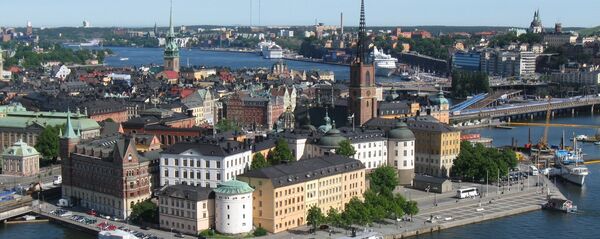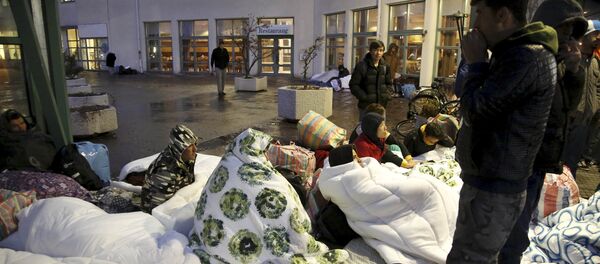According to the National Housing Board, this is due to the rapid growth of the population as a result of the dramatic influx of asylum immigrants from the Third World. According to the report, the situation is particularly difficult for the young, the elderly and the new arrivals, with the outlook rapidly deteriorating.
According to the government's calculations, 250,000 new homes are needed, whereas the public housing organization SABO indicated the need for a whopping 426,000 new homes in a country of less than 10 million people.
Svenskt Näringsliv's Chief Economist Jonas Frycklund argues that large-scale migration and rapid technological developments are creating shifting demands within the Swedish economy. He suggests that some 460,000 new jobs will be needed in Sweden by 2020 in order for the Scandinavian country to reach its target of having the lowest unemployment rate in the EU.
"Sweden has obvious structural problems that tend to hold back economic growth," he said, adding that there was a significant risk of "bottlenecking" in the Swedish economy.
The situation is exacerbated by the fact that Sweden currently lacks a Housing Minister following Mehmet Kaplan's acrimonious resignation following a number of public scandals and a media row involving hate speech and an Islamic supremacist agenda.






